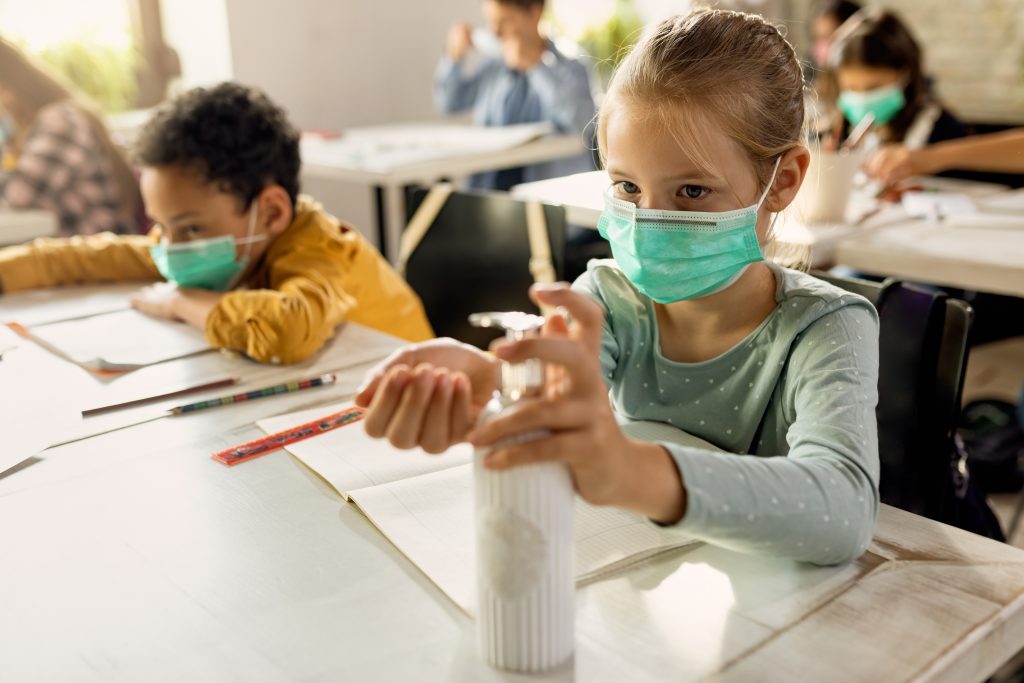One month from the reopening of schools: Covid-19 still of great concern for teachers

It’s been more than a month since the reopening of schools following last March’s abrupt closure due to the Covid-19 outbreak, but teachers are concerned more than ever despite the assurances given on the precautionary measures in place – primarily the ‘bubble’ concept which is meant to keep children and teachers isolated in separate groups as much as possible.
“As a peripatetic teacher who must replace educators who for some reason are absent, this concept failed. I burst bubbles every day as I constantly change groups! Furthermore, the children find it hard to maintain social distance all time,” a government primary school teacher told Voice of-the Workers Weekly.
Meanwhile, the Union of Professional Educators received complaints about lack of cleanliness which in some cases resulted in teachers incurring extra costs to buy sanitizers, masks and wipes which are required to disinfect their desk after each lesson.
“I am spending around €20 a week. This rubs even more salt on the wound when considering the teachers’ salary,” a government secondary school teacher remarked.
The use of masks changed the learning experience drastically. While it is necessary to reduce risk, it is affecting communication in class. It is more difficult projecting one’s voice with a mask especially when dealing with foreign students, who also rely on lip reading to understand. From this perspective online teaching offers an advantage.
As expected, schools started registering positive cases from the very beginning. In this respect one of the teachers’ biggest concern is the way in which the news is being communicated by the schools themselves.
“Not all teachers are being notified, but only those who were in the bubble. In some cases, the news was not broken in the same day but at a later stage. Sometimes it is thanks to the media that we learnt about positive members of staff or students or from the updates given by the UPE” a secondary school teacher said.
She also expressed concern that at times crucial protocols such as the use of masks all the time and social distancing were not being constantly maintained. Questions were also raised on a practice which is being adopted in certain quarters whereby teachers are only being alerted of a positive case if they spent at least two hours with the infected person. If this is being applied in secondary schools no teacher will be ever notified as no student will spend two hours in the presence of the same educator, teachers pointed out.
Questions were also raised on the decision to come back to school before the end of the 14-day quarantine period, following a negative test. Could it be the case that the virus was not detected as it was still in the incubation period?
Meanwhile, the teachers’ load of work has continued to increase as they are having to adapt lessons for online platforms as well.
In this context, some teachers floated the idea of seriously considering the closure of schools at the height of the influenza season.
“For us this would mean a lot of work, but ultimately it would be the best option to reduce the health hazard of educators who are front liners as well,” a primary school teacher said.
Meanwhile, Government announced plans for virtual classes for students who are not attending school as they are medically vulnerable. While this is a positive step, the UPE is insisting that this service should also be extended to students who in the present circumstances are not feeling comfortable attending school.
